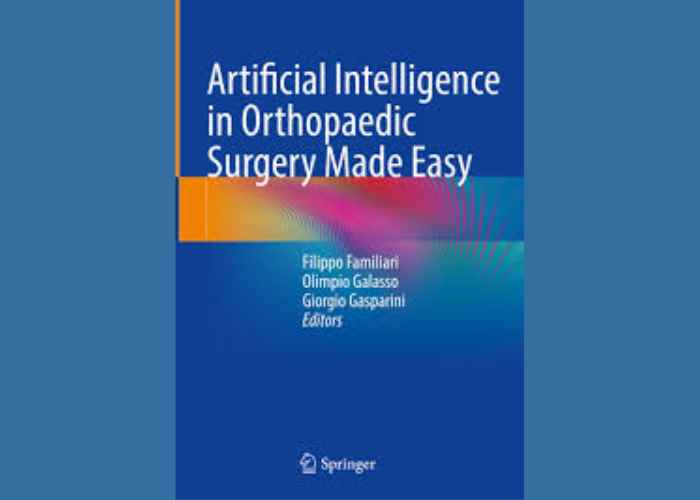
Authors:
Marco-Christopher Rupp, Annabel R. Geissbuhler, Annabel R. Geissbuhler, Grant Dornan, Jonas Pogorzelski, Peter J. Millett, MD
Abstract:
Artificial intelligence (AI) is a technology experiencing exponential growth that has garnered recent recognition for its substantial potential to revolutionize the field of medicine. Within the realm of orthopedic sports medicine and shoulder surgery, AI has recently had a number of applications including the potential to enhance the diagnostic process by augmenting the acquisition and interpretation of shoulder-specific imaging, the automated prediction of postoperative outcomes and complications, the improvement of surgical training and surgical accuracy, the augmentation of postoperative rehabilitation, and the improvement of documentation and billing decreasing these burdensome tasks for physicians. The aim of this chapter is to delineate the current status quo related to the use of AI in shoulder arthroscopy, engage in a discussion about the limitations, risks, and advantages associated with this technology as well as provide critical considerations and timelines for its implementation into clinical practice.
Request a copy of the chapter here: Study Information Request
